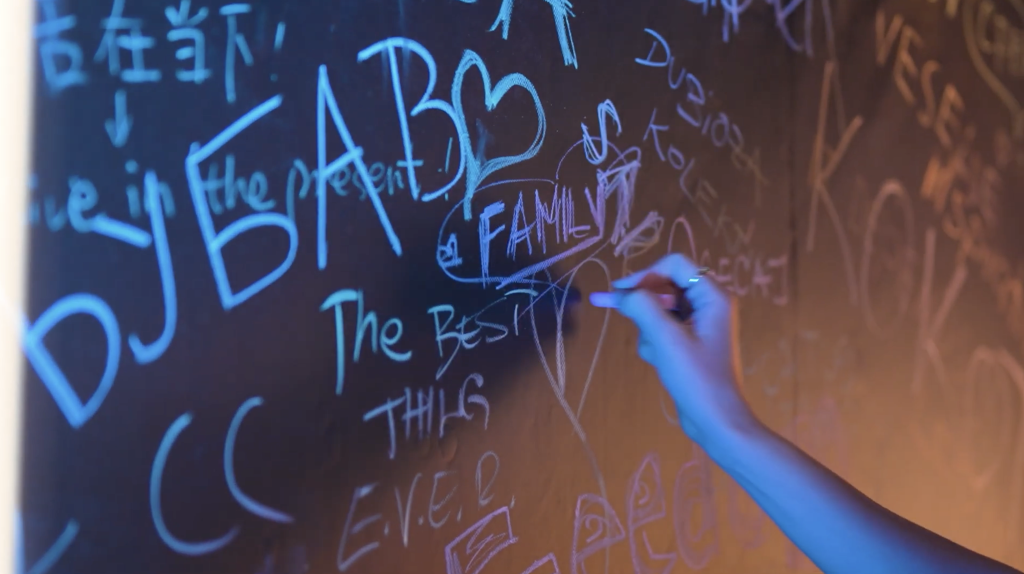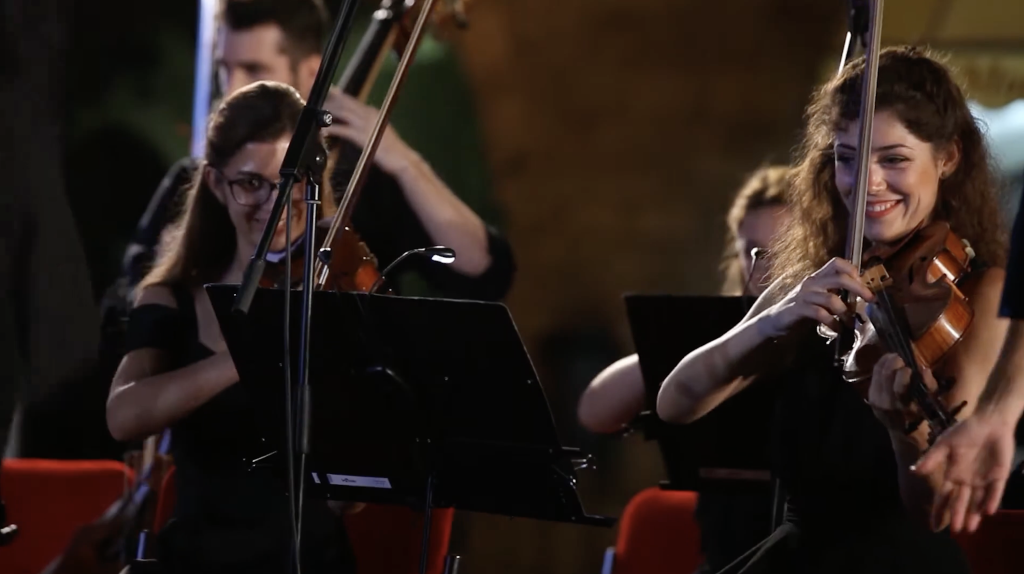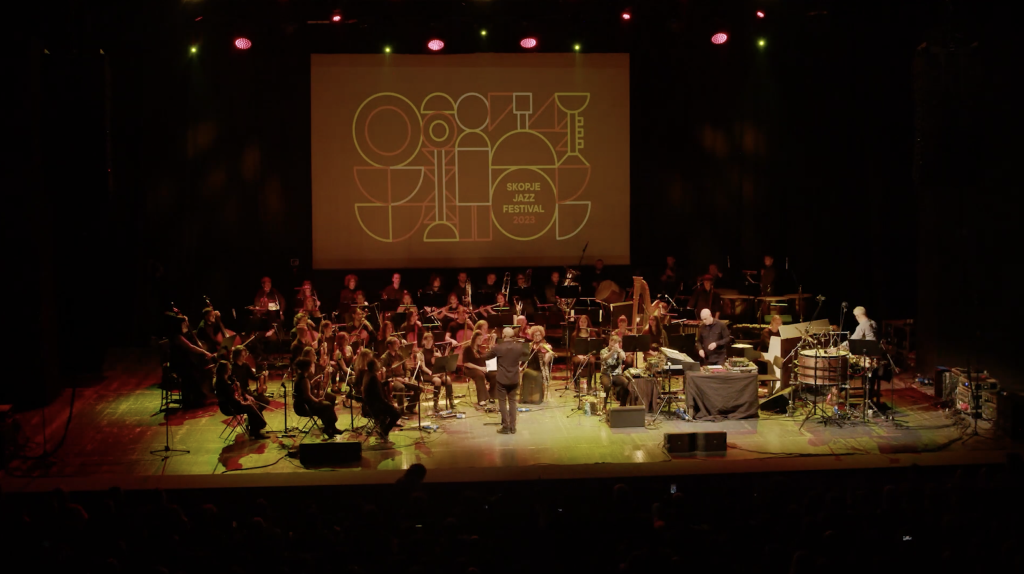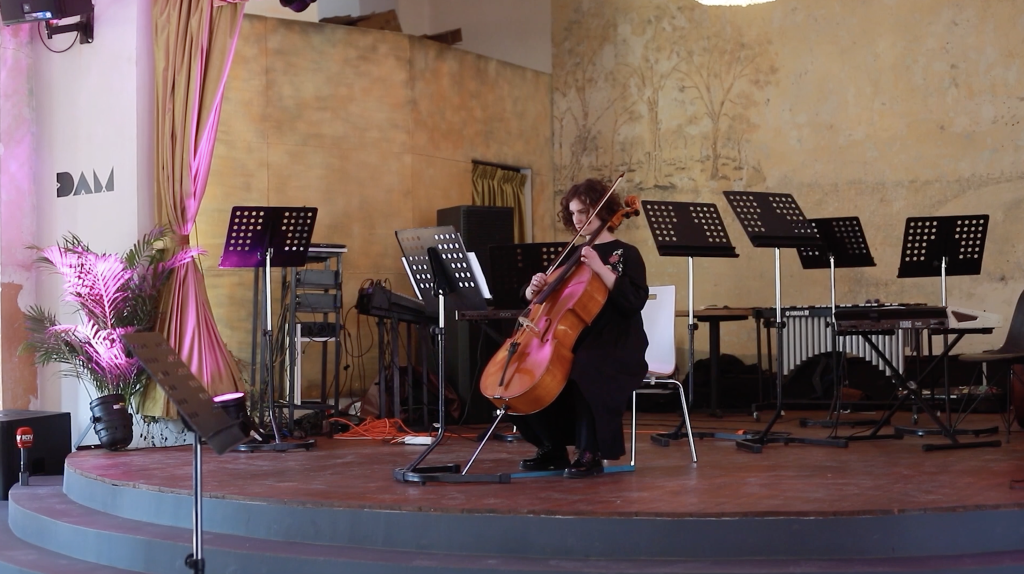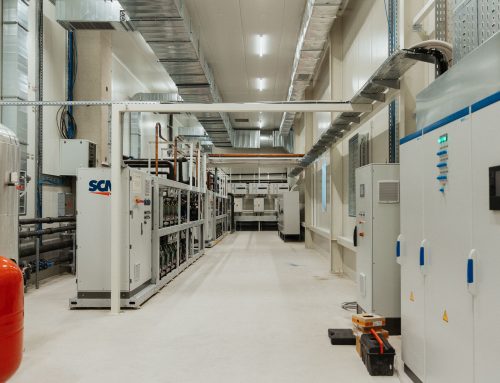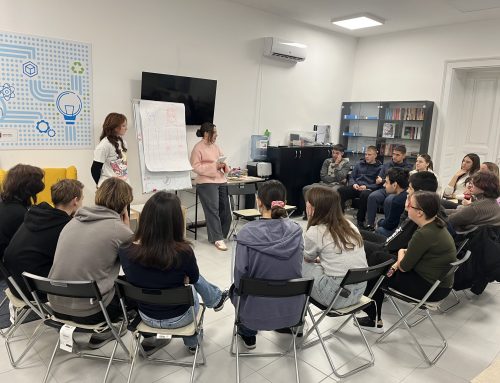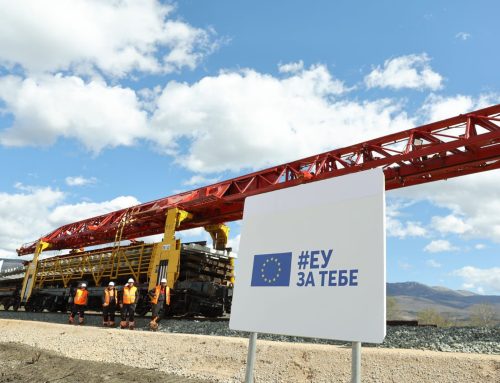The European Union supports a range of music initiatives in the Western Balkans, enhancing cultural diversity and fostering socio-economic growth. This support brings people together, celebrates different cultures, and strengthens community bonds across the region.
Supporting diverse musical projects
The EU’s involvement in the Western Balkans covers a wide spectrum of musical projects, from orchestras and rock festivals to guitar and jazz festivals. Programmes like Creative Europe and the Instrument for Pre-accession Assistance (IPA) have provided funding and resources, enabling many of these projects to thrive and reach wider audiences.
The Guitar Art Festival in Belgrade, Serbia, attracts guitarists worldwide and offers workshops and performances. The EXIT Festival in Novi Sad, one of Europe’s largest music festivals, has also benefited from EU support, helping it to grow and attract international talent.
Jazz festivals such as the Nišville Jazz Festival in Serbia and the Skopje Jazz Festival in North Macedonia receive significant EU funding. These festivals celebrate jazz and serve as platforms for cultural exchange and collaboration.
Bringing people together
EU-supported music festivals are more than just showcases of talent—they bring people together and create shared experiences. These events foster community spirit and offer spaces for enjoyment and cultural celebration. The Peja Jazz Festival in Kosovo is a perfect example. Started during the COVID-19 pandemic, it has grown into a major cultural event, attracting attendees from across the region.
The EU’s financial and logistical support ensures these festivals can continue to thrive, even during challenging times. This support allows for high-quality performances and broad audience engagement.
Boosting local economies
The EU’s investment in the music sector also brings significant economic benefits. Music festivals and cultural events attract tourists, create jobs, and stimulate local economies. The EXIT Festival, for instance, generates millions of euros in revenue each year, benefiting local businesses such as hotels, restaurants, and shops.
Celebrating cultural diversity
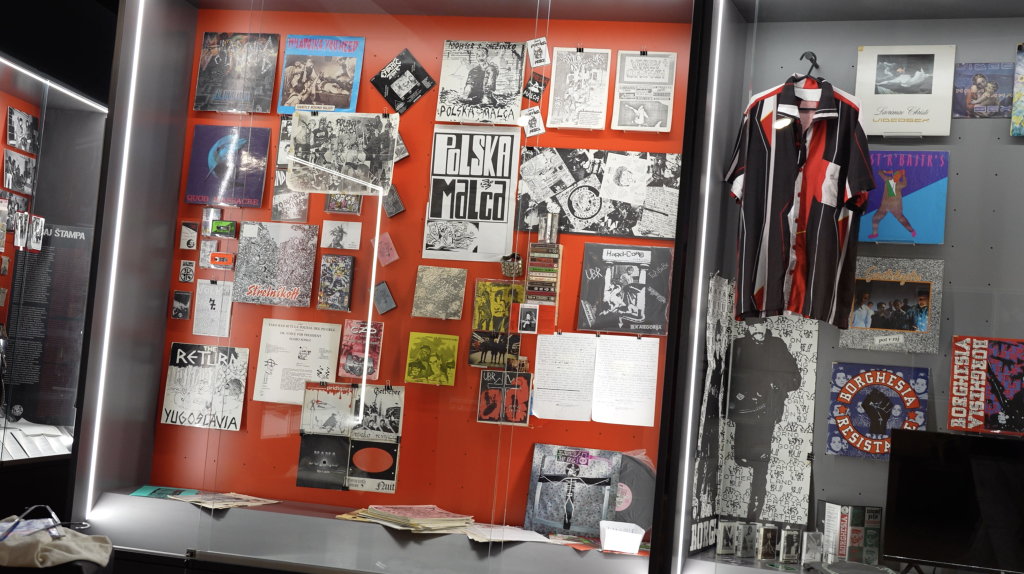
The Western Balkans is rich in cultural diversity, and the EU’s music initiatives celebrate this diversity by promoting a wide range of musical genres and traditions. These initiatives provide platforms for all types of music, reflecting the region’s vibrant cultural mosaic.
The Balkan Composer Competition in Pristina, Kosovo, is a standout example. It brings together composers from across the region, offering opportunities for collaboration and cultural exchange. This competition not only highlights local talent but also fosters a deeper understanding and appreciation of the region’s cultural heritage.
Building a brighter future
The EU’s support for music in the Western Balkans goes beyond funding events. It’s about building a brighter future for the region. By investing in cultural initiatives, the EU creates opportunities for young people, promotes social cohesion, and fosters a sense of shared identity.
Desar Sulejmani, whose Western Balkans Youth Orchestra has benefited from a number of EU-funded projects, sums it up well: “Through these funds, we’ve managed to create important cultural events that promote understanding and collaboration among the countries of the Western Balkans.” This sentiment underscores the broader impact of these initiatives in fostering unity and mutual respect among the region’s diverse communities.
In conclusion, the European Union’s support for music initiatives in the Western Balkans is multifaceted and impactful. By fostering cultural exchange, promoting economic growth, and celebrating the region’s diversity, the EU is helping to build a more vibrant, united, and prosperous Western Balkans. Music helps us celebrate Unity in Diversity, uniting different cultures to make the Western Balkans strong and vibrant.
Read more:
The European Union Supports the Vibrant Cultural Heritage of the Western Balkans


